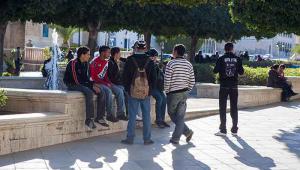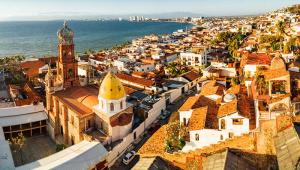By Judith Ugwumadu | 4 November 2013
The World Bank and the European Union have pledged more than $8bn to boost economic growth in the Sahel region of West Africa over the next seven years.
Funds will go to a string of states afflicted with poverty, hunger and instability including Mali, Niger, Burkina Faso, Senegal and Chad.
The World Bank will invest $1.5bn over the next two years in agriculture, hydropower, communications and connectivity between countries, while the EU will provide $6.75bn to six Sahel countries over the next seven years to help them improve governance, security, delivery of social services, agriculture, food security and regional trade and integration
World Bank president Jim Yong Kim said: ‘The people of the Sahel region desperately need more secure living standards, and our hope is this funding helps build a new path for economic growth in the region.
‘For too long, the people of the Sahel, especially women, have struggled with the devastating impact of too little economic growth and opportunity, a harsh climate, hunger, high fertility rates and the world’s highest number of maternal and child deaths.’
Andris Piebalgs, EU commissioner for development, added that the Sahel region was a priority for the European Union.
‘We are determined to continue and increase our support to both the states and people of the Sahel,’ he said.
‘Our approach is built on the principle that security is a pre-requisite for growth – there can be no development without it.’
The investment was announced during a United Nations-led visit to the region with Secretary General Ban Ki-moon and other development leaders.
Ban said: ‘By working together and investing in governance, security, resilience and opportunity for women and young people, we can help the Sahel move from fragility to sustainability.
‘Fighting fires in the Sahel remains crucial, but we also need to clear away problems that ignite conflict and instability.’













